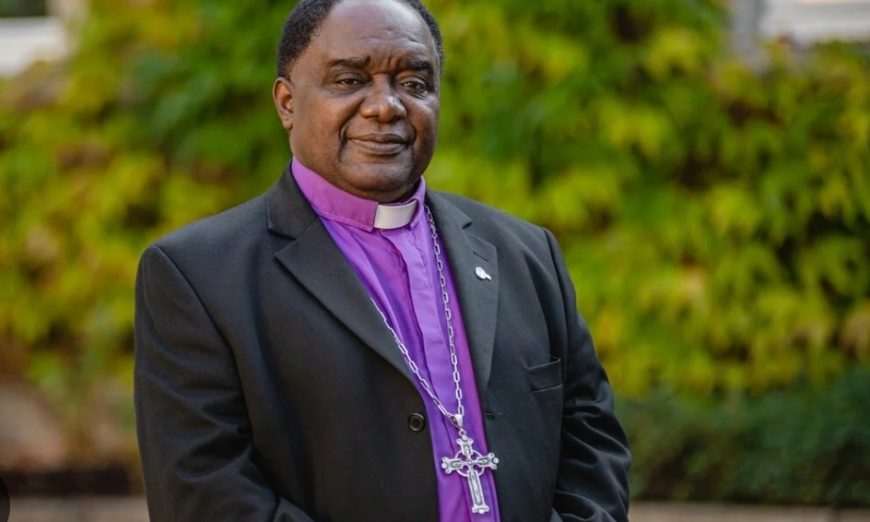AS Tanzania descends into its most turbulent moment in decades, following the October 2025 general elections, Bishop Benson Bagonza – a respected cleric and moral voice – has issued a passionate and urgent appeal to the authorities, security forces, and citizens.
Since Wednesday, October 29, protests led largely by Generation Z youth have spread across the country after reports of electoral malpractice and suppression of opposition candidates. According to multiple eyewitness accounts, hundreds of young people have reportedly been killed or injured as police use live ammunition to quell demonstrations. The situation remains volatile, with internet restrictions, curfews, and fear spreading nationwide.
In a deeply emotional post on his official Facebook page, Bishop Bagonza titled his message “DO NOT KILL!”, calling for an immediate end to the bloodshed and urging the government to choose dialogue over violence. He frames his message not as a political statement, but as a moral outcry for humanity, peace, and national unity.
He wrote and posted it in Kiswahili. Below is the complete English translation of his message.
…………………………………………………………………………….
DO NOT KILL! DO NOT KILL! DO NOT KILL
NO one knew we would reach this point. We all made mistakes. Now, how do we get out of this?
Stop killing the children and young people of this nation. Life cannot be compensated. Property can be replaced. Even one life lost is too many. When I hear “seventy,” I tremble.
Wisdom is stronger than power. Those whose advice brought us here should now remain silent. Let us listen to those who advise us without pay.
Announcing election results amid grief and darkness is like a daughter getting married while her father is in prison. Results do not rot. We need calmness to listen to them.
Abductions were the final nail in the coffin of tolerance. Good people, patriots, and those who care for our nation and institutions remained silent. Even if it is late, speak and act – doing so will bring healing.
I do not see these young people as belonging to any party, ideology, religion, or faction. They are united by their suffering. A table of honest dialogue is the medicine. But how will you begin dialogue with them?
Let us put down weapons and positions of power. Let us remain Tanzanians. Let us begin genuine talks. Even those in detention should be brought to the table. When young people see dialogue happening, I believe (and you have your own faith) they will calm down.
Those who argue that those in detention should remain there should remember this: we are all prisoners now. From sunrise to sunset, we are all in custody. Those in cells are better off – they are protected. But what about us?
Dar es Salaam is not all of Tanzania. It is heavily guarded only because that’s where the powerful reside. But power itself is not confined to Dar es Salaam. Let us reconcile quickly before those with real power begin to demand it for themselves.
Shutting down the internet is self-destruction. The internet is like rain; it falls on both the good and the bad. Those who shut it down want to be heard but do not want to listen when others speak. Keep it open so that we can listen to one another.
This situation is breeding vengeance in everyone’s heart. Revenge is like drinking poison and hoping your enemy will die. Both sides must rethink the consequences of vengeance growing inside them.
At this moment, all those with responsibility and authority should listen more to their conscience than to advisers who only speak for their stomachs. Only one has immunity. Don’t obey an ungodly command to kill.
Regret is no longer a grandchild – it has become a child.
Let us return to the table, without bitterness, revenge, or deceit.
I cry – and I am being cried for.










